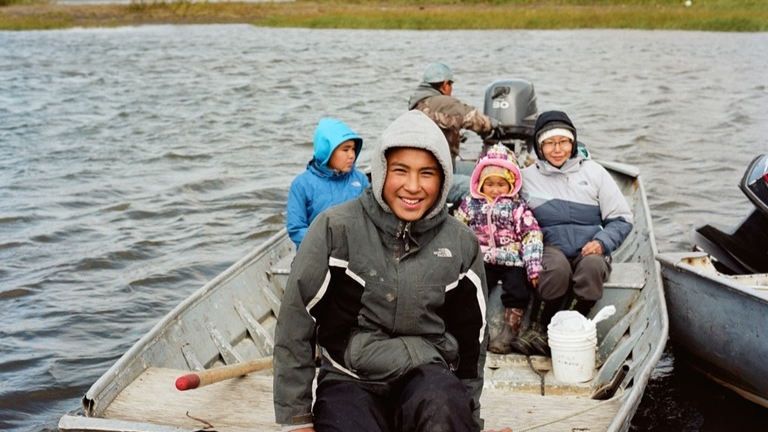The invasion of Ukraine by Russia jeopardises Arctic cooperation.
The Arctic has always been a peaceful environment. The invasion of Ukraine by Russia has put collaboration in the huge zone endangered by climate change in jeopardy.
As climate change opens the enormous northern region to global rivalry over resources and new shipping routes, Russia's invasion of Ukraine threatens international collaboration in the Arctic.
All countries with Arctic territories, with the exception of Russia, announced on March 3 that they would boycott future talks with Moscow as a result of Russia's invasion of Ukraine, severing three decades of cooperation over a region rich in natural resources such as oil, gas, and valuable minerals.
Russia's "unprovoked invasion of Ukraine" was condemned by Canada, Denmark, Finland, Iceland, Norway, Sweden, and the United States in a joint statement.
The invasion of Ukraine by Russia poses a threat to the Arctic Council.
The Arctic Council was established in 1996, nine years after then-Soviet leader Mikhail Gorbachev announced the Murmansk Initiative, which established the Arctic as a territory of "special peace and cooperation." According to Global Affairs Canada, the Arctic Council is essential for peace and stability.
The Arctic Council has succeeded in bringing together the eight Arctic states and Indigenous peoples to address the concerns of sustainable development and climate change that affect the region's four million people.
Six Indigenous Permanent Representatives sit at the same table as foreign ministers when it comes to deciding the agenda for the Council. The Council's work has been shaped by indigenous knowledge, which has informed it.










0 टिप्पणियाँ